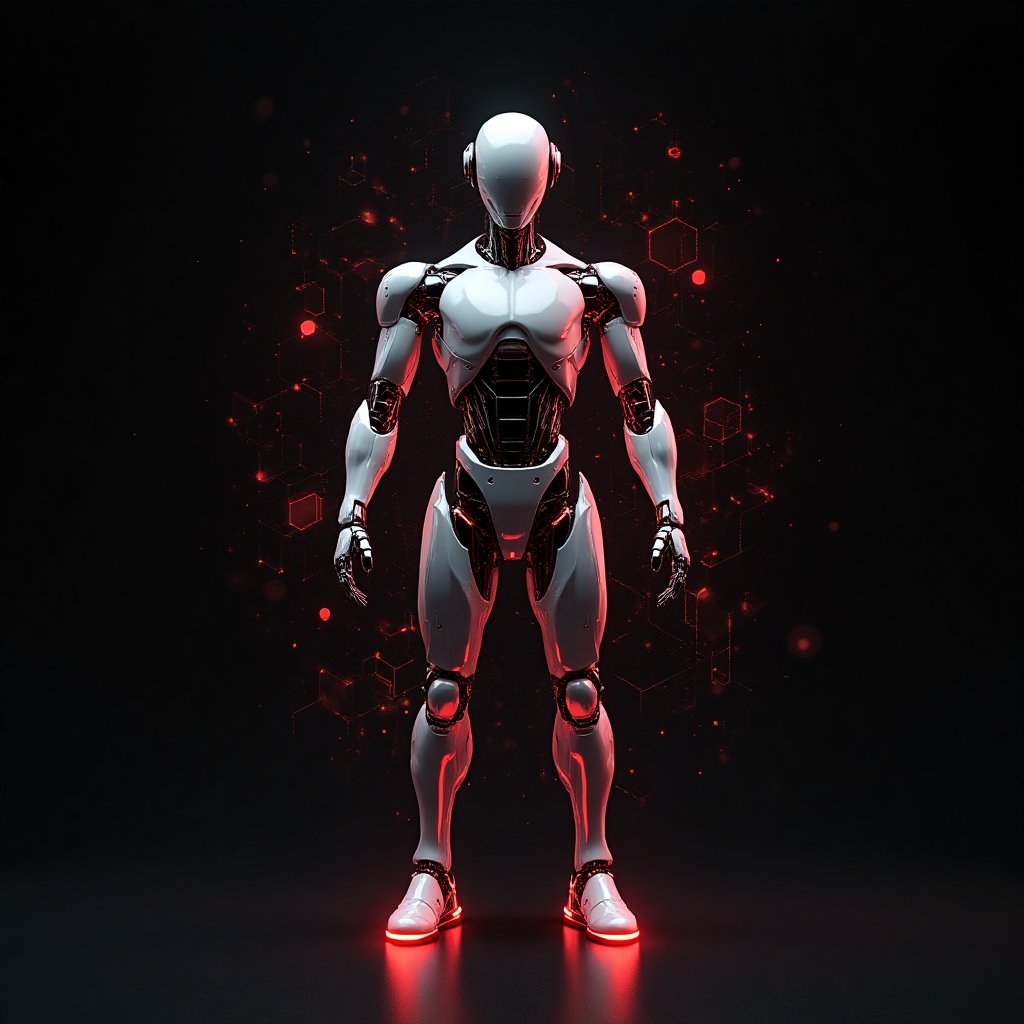Artificial Intelligence (AI) is no longer just a buzzword—it’s a revolution. From advanced reasoning models to humanoid robots, the pace of innovation is staggering. Inspired by a recent video from TheAIGRID, this article dives into the latest breakthroughs in AI and robotics, exploring how these technologies are reshaping industries, economies, and our daily lives. Buckle up, because the future is here, and it’s moving faster than you think.
Anthropic’s Claude Opus: A New Era of AI Reasoning
Anthropic, the AI research company behind the Claude series, is reportedly working on a groundbreaking new model. The upcoming Claude Opus introduces a hybrid reasoning approach, blending the best of static and dynamic AI models. Unlike traditional models like GPT, which generate outputs in a single pass, Claude Opus can self-correct by revisiting its reasoning process. This means it can think, evaluate, and refine its responses—a game-changer for complex, long-horizon tasks.
What’s even more impressive? Anthropic’s lead engineer, Boris Shernney, revealed that 80-90% of their code is written by Claude. That’s right—AI is now coding AI. While human oversight remains crucial, this level of automation is a testament to how far we’ve come. Imagine a future where AI not only solves problems but also builds the tools to solve them. It’s not just innovation; it’s evolution.
Robotics: The ChatGPT Moment for Physical AI
While AI has dominated the digital realm, robotics is catching up fast. Companies like Foundation Robotics are developing AI systems that understand the physical world. Using techniques like Deep Variational Bayes Filters (DVBFs), these robots can predict and adapt to new environments, much like humans do. It’s like giving AI a sense of imagination—a critical step toward general-purpose humanoid robots.
Think about it: robots that can weld, assemble, and fabricate in dynamic environments. These aren’t just machines; they’re a new labor force. And with advancements like the Robbo Rock S7 MaxV Ultra, even home cleaning is getting a high-tech upgrade. The future of work is here, and it’s automated.
Google’s AI Dominance: From Shopping to Software Development
Google continues to push the envelope with innovations like its AI-powered 3D shopping experience. Using its Video Object (VO) model, Google can transform three product photos into an immersive 360-degree view. It’s not just shopping; it’s an experience. And with the upcoming Gemini 2.5 Pro Preview IO Edition, Google is setting new benchmarks in coding and reasoning tasks.
But that’s not all. Google is also working on an AI agent for software development, designed to assist engineers at every stage of the process. From debugging to documentation, this “always-on co-worker” could revolutionize how we build software. And with competitors like OpenAI testing similar tools, the race is on to create the ultimate AI assistant.
AI in Healthcare: A Doctor in Your Pocket
Healthcare is another frontier where AI is making waves. Emad Mostak, former CEO of Stability AI, has developed Medical 8B—a compact AI model that outperforms ChatGPT in medical reasoning. Trained on over half a million samples, this model offers doctor-level insights without the need for cloud computing. It’s a game-changer for accessibility, especially in regions with limited healthcare resources.
Imagine having a personal AI doctor that can answer your questions, provide step-by-step reasoning, and even suggest treatments. It’s not just convenient; it’s life-changing. And with models like this, the future of healthcare is looking brighter than ever.
The Dark Side of AI: Security and Ethics
As AI becomes more advanced, so do the risks. The FBI has warned about AI-generated voice messages impersonating top U.S. officials. It’s a chilling reminder of how easily AI can be weaponized. From phishing scams to deepfakes, the threats are real, and they’re only getting worse.
But it’s not all doom and gloom. Companies like Meta are working on AI advancements that could mitigate these risks. From open datasets for molecular research to breakthroughs in neuroscience, Meta is pushing the boundaries of what AI can achieve. The key is to stay vigilant and proactive in addressing these challenges.
The Future Is Now: What’s Next for AI?
From Anthropic’s reasoning models to Google’s AI-powered shopping, the future of AI is here—and it’s more exciting than ever. But with great power comes great responsibility. As we embrace these technologies, we must also address the ethical and security challenges they bring.
So, what do you think? Are we headed toward a Star Trek future of universal prosperity, or are we on the brink of a Terminator-style dystopia? The choice is ours. Join the conversation and become part of the iNthacity community. Share your thoughts, like, comment, and let’s shape the future together.
Wait! There's more...check out our gripping short story that continues the journey: The Iron Sentinel
Disclaimer: This article may contain affiliate links. If you click on these links and make a purchase, we may receive a commission at no additional cost to you. Our recommendations and reviews are always independent and objective, aiming to provide you with the best information and resources.
Get Exclusive Stories, Photos, Art & Offers - Subscribe Today!


























Post Comment
You must be logged in to post a comment.